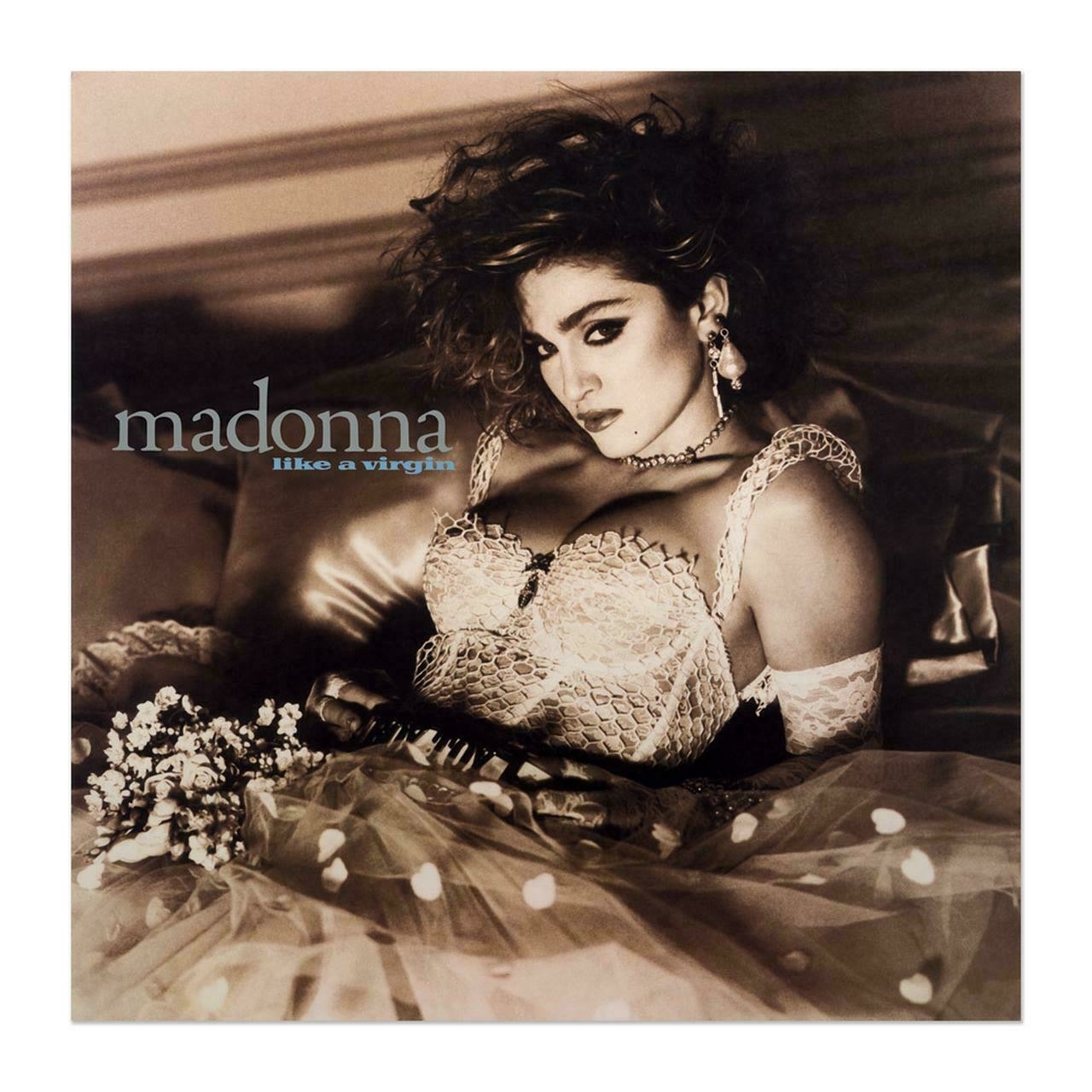Madonna’s most well-known album, Like A Virgin just celebrated its 40th anniversary.

Like A Virgin was the first record I owned, given to me by my parents for my 9th birthday. The subject might have been a bit mature for me at that age, but it hardly mattered because I promptly broke the stylus on the family turntable. I couldn’t even listen to my gift. Of course, the hit songs from the record were all over commercial radio, anyway, so it wasn’t like Madonna’s tunes were hiding in obscurity.
The record survived me growing up and came with me throughout moves and changes. I still rotate it, and it still sounds fantastic (probably because I couldn’t wear it out when I was younger). The contributions of Nile Rodgers, who was fresh off producing Let’s Dance for David Bowie, played a major part in shaping the pop greatness of the album. Rodgers wasn’t sure about the collaboration at first, though.
When he was offered the producer gig, he wasn’t immediately sold, because some of Madonna’s peers bemoaned that she was a “totally self-centered bitch” who was a painful collaborator. But he said yes and, upon them linking up, found the budding superstar to be a “true professional.” “If you don’t love these songs, we can’t work together,” Madonna told Rodgers upon showing him the demos she’d made with Bray. “I don’t love them now,” Rodgers responded, “but I will when I’ve finished working on them!”
My favorite track is “Angel,” which the early American shoegaze band Drop Nineteens covered on their 1992 album Delaware. The shoegaze version is noisy and has a blistering intensity that turns the smoothness of the original into an assault on the senses. Drop Nineteens, which only recently got back together to release new music, still place the song in their live sets.
Drop Nineteens - Angel (YouTube)
Like A Virgin is now available in Hi-res on services like Qobuz and the upgrade adds clarity and punch to the original recording.
